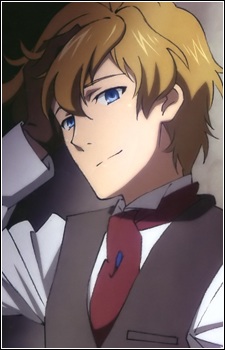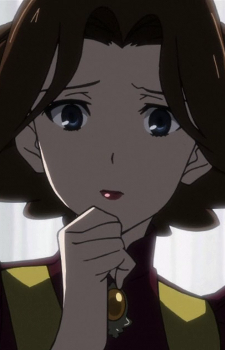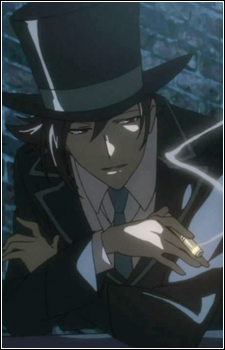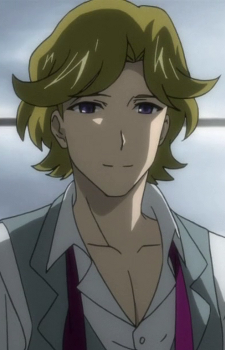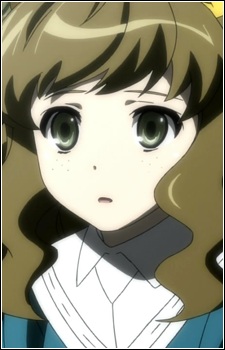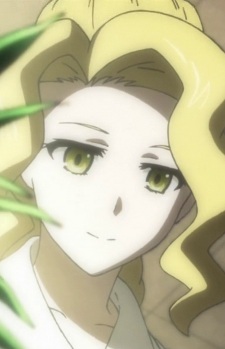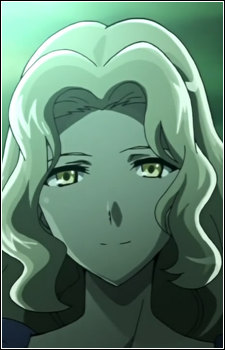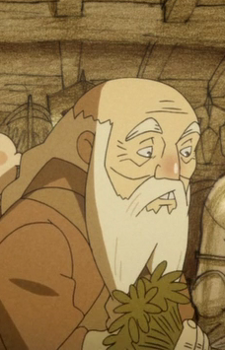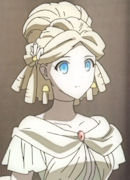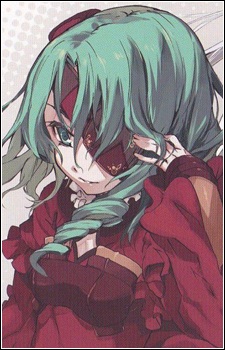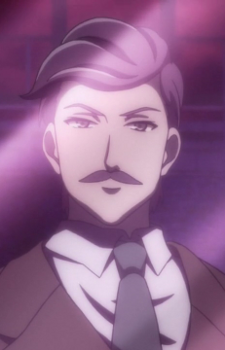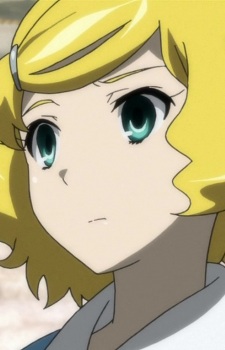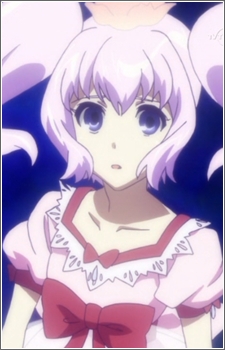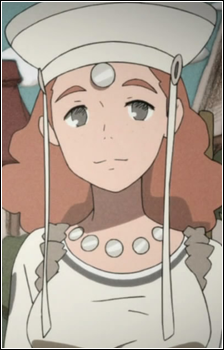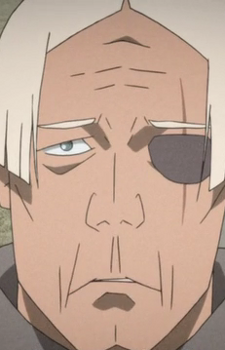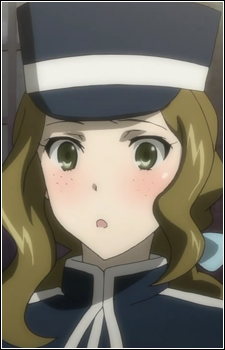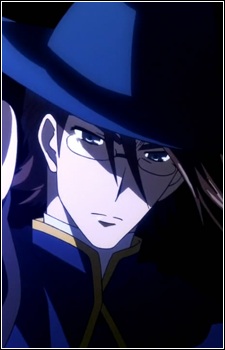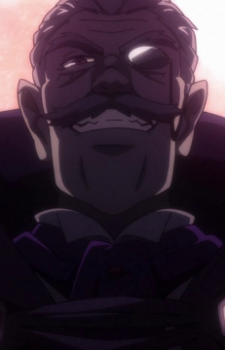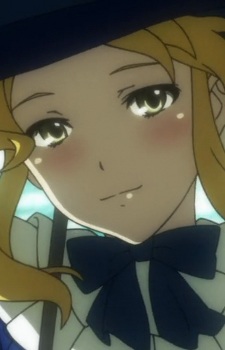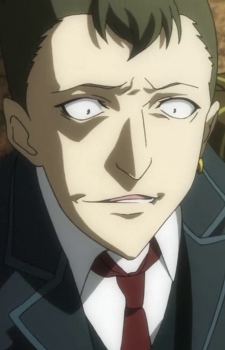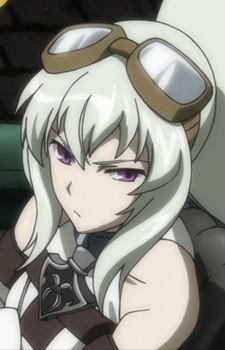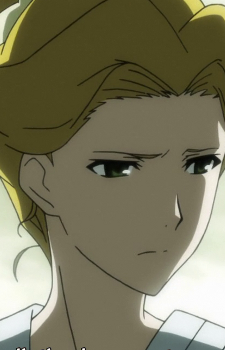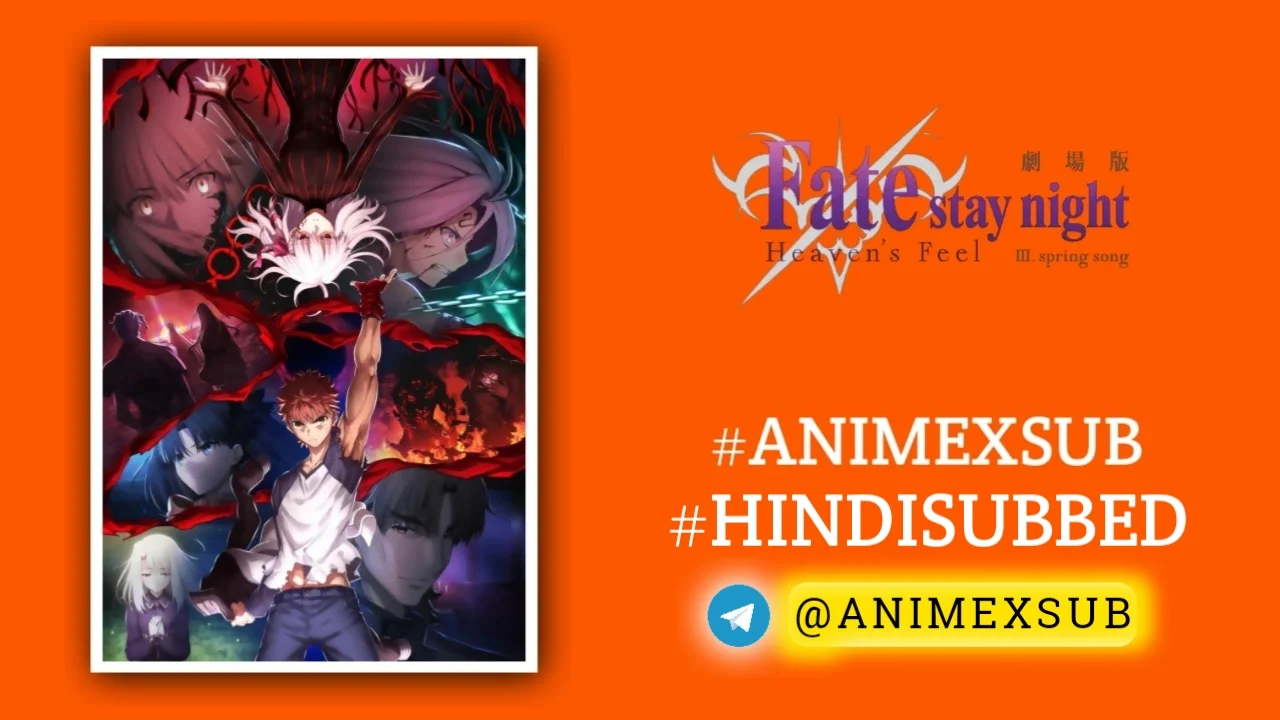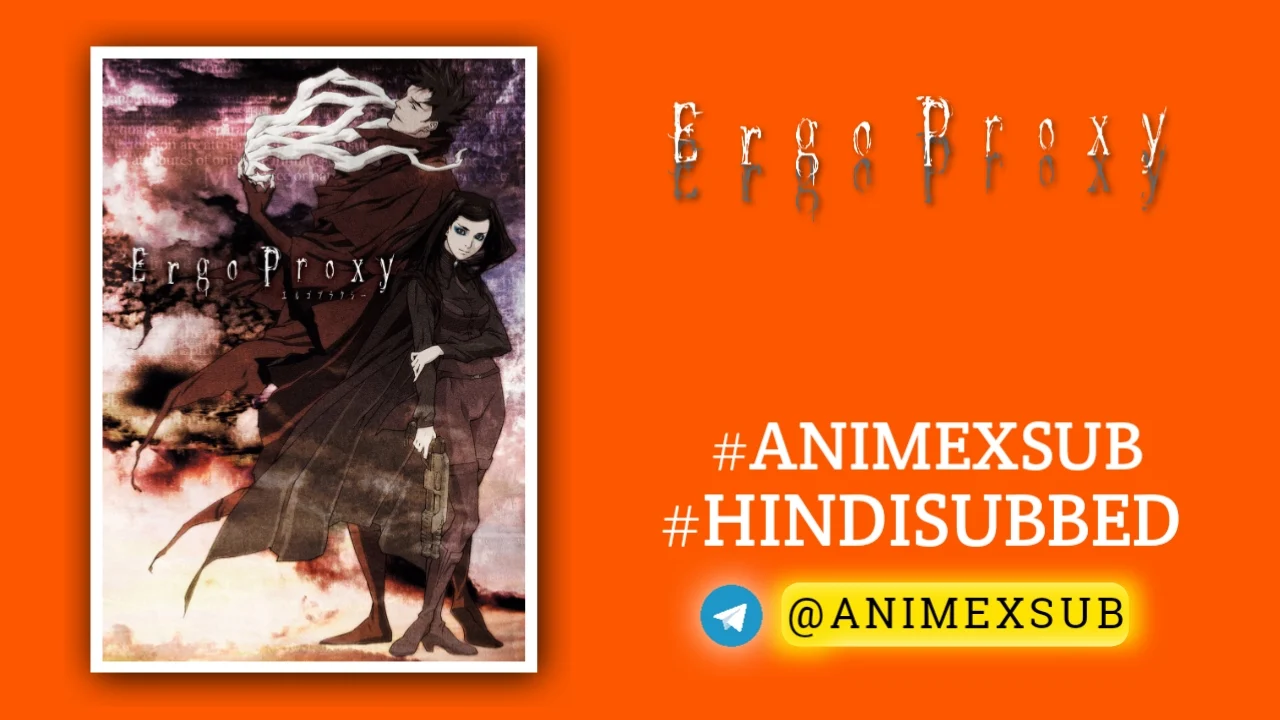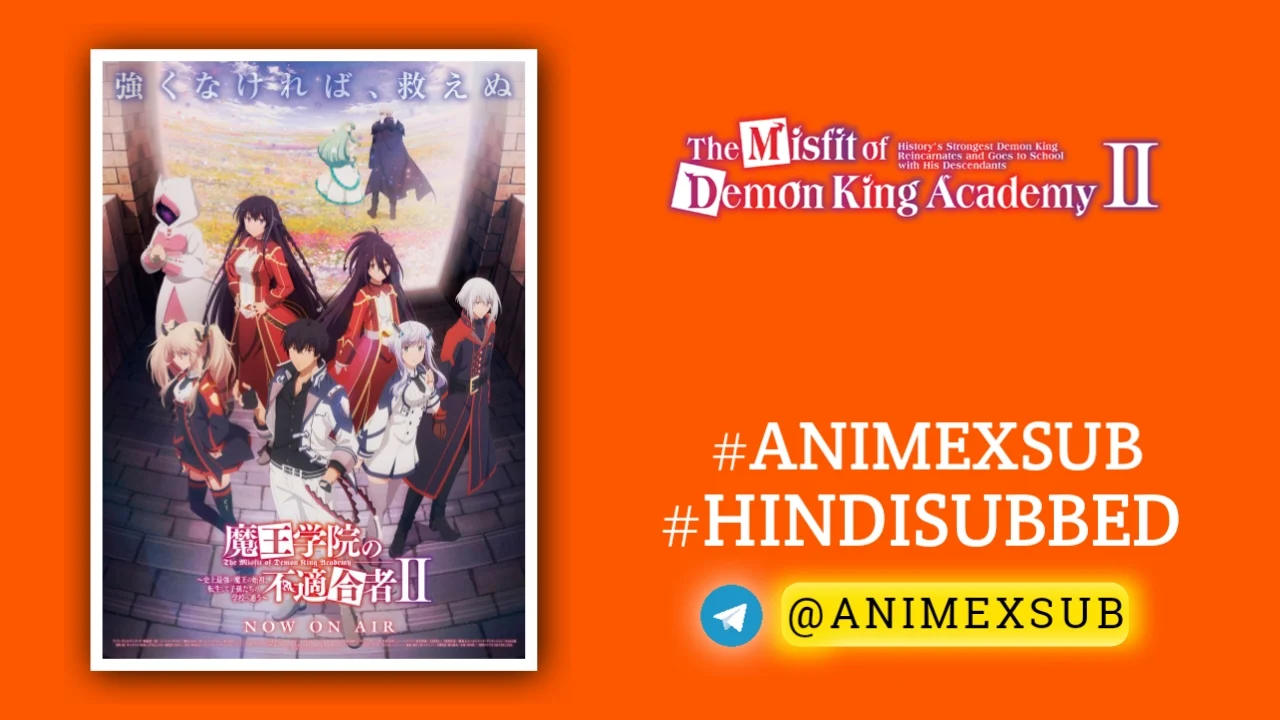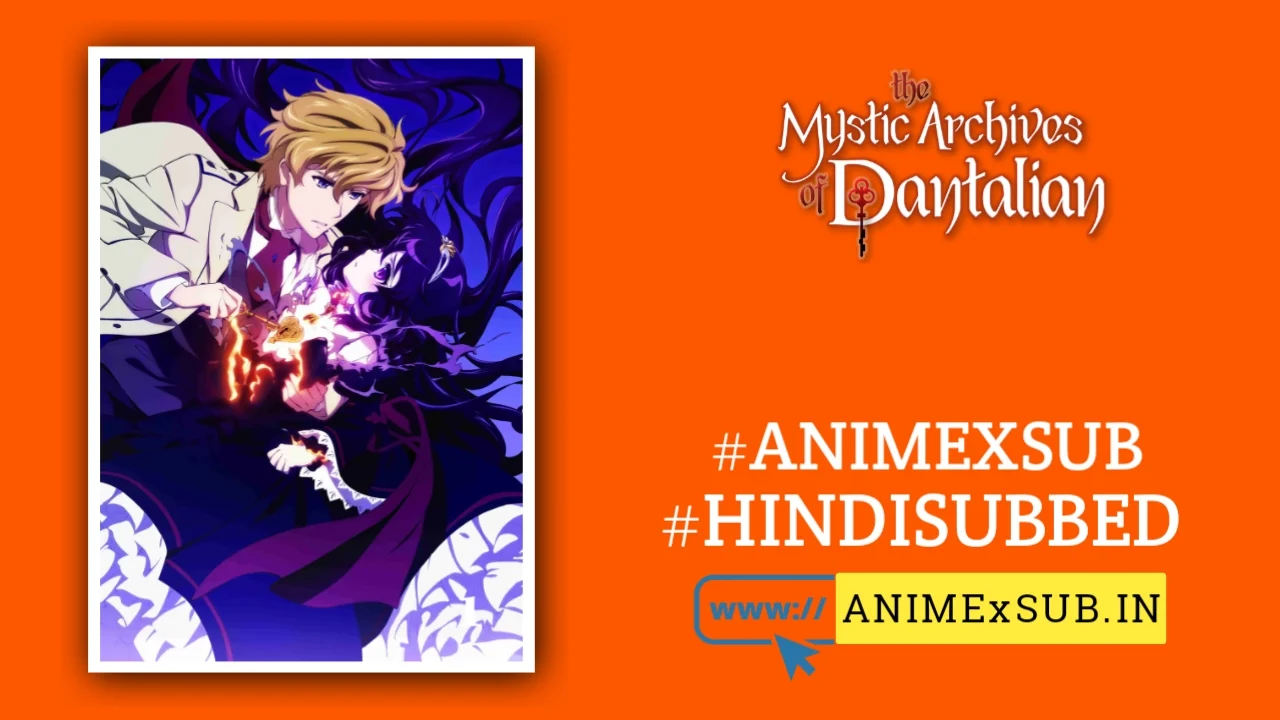
The Mystic Archives of Dantalian Hindi Subbed [12/12] | Dantalian no Shoka Hindi Sub
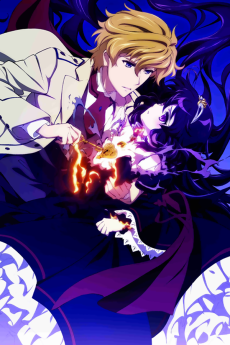
Dantalian no Shoka
The Mystic Archives of DantalianSynopsis
Hugh Anthony Disward inherits an old mansion and a personal library from his grandfather. In the basement of the mansion, he meets a mysterious girl, Dalian. She is a Dantalian and a gateway to "Dantalian's bookshelf", which stores the prohibited books of the demons. "Gensho (Illusory Books)", the prohibited books, endanger the balance of the world, but people are fascinated by the taboo. Hugh and Dalian solve the cases involving Gensho with their ability to access the Dantalian bookshelf.
Characters
The Mystic Archives of Dantalian Season 1: A Haunting Dive into Forbidden Knowledge
The Mystic Archives of Dantalian (Dantalian no Shoka), a 12-episode anime from Studio Gainax that aired in 2011, is a dark fantasy gem that weaves a tapestry of mystery, supernatural intrigue, and historical ambiance. Set in post-World War I England, this adaptation of Gakuto Mikumo’s light novel series explores the enigmatic Bibliotheca Mystica de Dantalian—a metaphysical library of 900,666 Phantom Books, forbidden tomes imbued with demonic power. While the series is often overshadowed by contemporaries like Gosick or Black Butler, its unique blend of episodic storytelling, gothic aesthetics, and philosophical undertones makes it a compelling, if flawed, experience deserving of deeper exploration. This article delves into what sets Season 1 apart, its strengths and shortcomings, and why it remains a fascinating artifact of anime’s early 2010s supernatural wave, without veering into promotional fluff.
A World of Phantom Books and Hidden Truths
The story follows Hugh Anthony Disward, or Huey, a former Royal Air Force pilot who inherits his grandfather’s estate and the mysterious Bibliotheca Mystica de Dantalian. This “library” is not a physical space but a metaphysical one, housed within Dalian, a sharp-tongued, gothic-clad girl who serves as its Black Biblioprincess. Huey, as her Keykeeper, unlocks the archive to retrieve Phantom Books, which grant immense power but often corrupt their readers. Each episode sees the duo confronting these tomes in standalone mysteries, from cursed manuscripts summoning monsters to books that twist reality itself. The narrative occasionally hints at a larger conspiracy involving Huey’s grandfather’s murder and rival Biblioprincesses, but it remains largely episodic.
The setting—early 20th-century England with its fog-laden streets, sprawling manors, and post-war melancholy—grounds the supernatural elements in a richly textured historical context. Unlike many anime, the series incorporates global mythologies, referencing Chinese legends like the “Vase World” and Greek myths like the Minotaur, adding intellectual depth to its world-building. However, the show’s title, The Mystic Archives of Dantalian, is a misnomer; Dalian is less an archive (with organized records) and more a chaotic repository, a point of critique for archival purists.
Strengths: Atmosphere, Character Dynamics, and Thematic Depth
The series excels in its atmosphere. The haunting choral opening, Cras Numquam Scire by Yucca (featuring Daisuke Ono), paired with eerie visuals of floating books and gothic architecture, sets a tone of foreboding mystery. The soundtrack, though sparse, enhances key moments with classical undertones, amplifying the show’s somber mood. Gainax’s animation, while not flawless, captures the period’s aesthetic through detailed costumes and moody backgrounds, making each episode visually immersive despite occasional stiffness in action scenes.
Huey and Dalian’s dynamic is a highlight. Huey, voiced by Daisuke Ono, is a refreshing protagonist—calm, competent, and mature, a stark contrast to the whiny leads common in anime. His military background informs his pragmatic approach to the supernatural, allowing him to hold his own in fights and banter. Dalian, voiced by Miyuki Sawashiro, is a tsundere with a twist: her sharp wit and love for sweets (a lock of hair flicks out when she’s tempted) add charm without veering into cliché. Their relationship, formal yet laced with subtle warmth, echoes the banter of Spice and Wolf’s Lawrence and Holo, minus romantic overtones.
Thematically, the series probes the double-edged nature of knowledge. Phantom Books are both tools and curses, capable of granting wisdom or unleashing chaos depending on the user’s intent. This resonates with historical fears of forbidden texts, from grimoires to banned scriptures, positioning the show as a meditation on the power and peril of ideas. Episodes like “The Magician’s Daughter” explore memory and identity, while others delve into betrayal, obsession, and sacrifice, offering mature, if understated, storytelling.
Weaknesses: Episodic Disconnect and Unresolved Mysteries
Despite its strengths, The Mystic Archives of Dantalian stumbles in execution. Its episodic structure—each episode introducing a new cast and Phantom Book—lacks narrative cohesion. While standalone stories suit the premise (akin to Mushishi or Natsume Yuujinchou), the rapid pacing (18-24 minutes per case) leaves little room for emotional investment in secondary characters or their plights. The overarching plot, involving Huey’s grandfather’s murder and rival Biblioprincesses like Rasiel and Flamberge, is teased but underdeveloped, leaving viewers with a sense of incompleteness. The final episode gestures toward Dalian’s origins and a climactic faceoff but resolves little, hinting at a second season that never materialized.
Character development is another weak point. Huey and Dalian remain static, with minimal backstory revealed—Dalian’s past is barely touched, and Huey’s air force days get one episode’s focus. Supporting characters, like Camilla (Huey’s friend) or the Libricide Officer Hal Kamhout, appear too briefly to leave a lasting impact. The animation also falters during action sequences, with simplistic designs and stiff movements undermining the stakes. Critics note the character designs feel generic, too reminiscent of Gosick’s Victorian aesthetic, which dulls the show’s visual distinctiveness.
Unique Elements: A Blend of Gothic and Global Myth
What sets The Mystic Archives of Dantalian apart is its fusion of gothic fantasy with eclectic mythological references. Unlike Gosick’s mystery-driven focus or Black Butler’s campy drama, it leans into a darker, more philosophical tone, exploring how knowledge shapes (or distorts) humanity. The concept of Biblioprincesses—human vessels for vast libraries—is a novel twist on the magical library trope, blending body horror with metaphysical intrigue. Dalian’s dual nature (a girl and a library) and her interactions with her “other self” (a silver-haired librarian within the archive) add layers of mystery, even if underexplored.
The show’s willingness to embrace ambiguity is both a strength and a flaw. It avoids over-explaining its lore, letting viewers piece together the significance of Phantom Books or the Bibliotheca’s origins, which can feel rewarding or frustrating depending on one’s patience. Its historical setting, infused with Japanese cultural touches (like Dalian’s occasional “yes” in English), creates a unique cultural hybrid that stands out in the genre.
Reception and Legacy
The series has a mixed reputation. On MyAnimeList, it holds a respectable 7.52/10 from 751 user ratings, praised for its atmosphere and premise but criticized for its lack of resolution. Anime-Planet reviewers highlight its rushed pacing and underdeveloped characters, with some calling it a “poorly written loli detective show” despite its potential. Amazon reviews give it a 3.5-4 star average, noting its appeal to book lovers and fans of subtle horror, though some find it forgettable compared to flashier contemporaries. Reddit discussions from 2011 reflect disappointment over its lack of progress, with users calling it a “catch ‘em all” show with cute characters but no lasting impact.
Yet, for those who appreciate nuance, the series shines in its quieter moments—Dalian’s flicking hair, Huey’s understated heroism, or the eerie beauty of a cursed book unfolding its power. Its exploration of forbidden knowledge and its gothic charm make it a cult favorite for fans of understated anime like Mushishi or Mononoke.
Why It Stands Out
The Mystic Archives of Dantalian Season 1 is not a masterpiece, but its ambition to blend gothic aesthetics, global mythology, and philosophical questions about knowledge sets it apart from formulaic anime. Its flaws—episodic disconnect, static characters, and unresolved threads—stem from its short runtime and unrealized potential for a second season. Still, its haunting atmosphere, compelling lead duo, and unique premise make it a worthy watch for those drawn to dark fantasy with intellectual undertones. For viewers willing to embrace its ambiguities and savor its nuances, it offers a journey into a world where books are both salvation and damnation.
Sources: MyAnimeList, Anime-Planet, Amazon reviews, Reddit discussions, Dantalian no Shoka Wiki, Anime News Network, pop-archives.com
Support Our Anime Community!
Love watching the latest anime? Help us keep uploading new episodes by join telegram channel ❤️
Join Now!
